I just had to ban my first person from posting on my nonprofits Facebook page. It was not something I enjoyed doing. Banning someone seems counter to trying to be a positive/all inclusive organization. But looking back on it, I should have done it sooner.
Here is the gist of what this person who “liked” our page wrote, (I have toned down the language to a less offensive level):
Why don’t you do it like everyone else and work for your money. You just want everything for free.
Well, to say the least, it was hard not to be offended by the comment. And obviously this person knew nothing about how nonprofits work. No work and free money? Oh my… it’s more like, all work and no money.
This was actually the second inappropriate post this person had gotten onto our page. Our initial reaction was to try to “educate” him about the hard work that goes into running a nonprofit. But this obviously fell on deaf ears. Educating a hater rarely works.
Was it Something I Said?
Surprisingly, nonprofit hating is pretty common. I am sure many of you have had to deal with similar type situations. Haters can come out of nowhere and are usually people you have never met. Activist and fundraiser Dan Pallotta puts if very succinctly during his presentation at the official TED conference.
We have a visceral reaction to the idea that anyone would make very much money helping other people. Interestingly, we don’t have a visceral reaction to the notion that people make a lot of money not helping other people.
He goes on to say:
If you want to make 50 million dollars selling violent video games to kids – go for it! We’ll put you on the cover of Wired Magazine. But if you want to make half a million dollars trying to cure children with malaria – you are considered a parasite.
See the full version of Dan’s vibrant an sometimes jarring TED Talk (below).
Haters vs Trolls
Nonprofit haters, in my opinion, are just not educated about how nonprofits work. If they knew, then they would not post such inflammatory and uninformed comments. Haters come in many forms. Just Google “nonprofit haters” and, as of this publishing, you’ll find that five of the top ten pages are about the ALS Ice Bucket Challenge. They can hate on anything.
Trolling is a little different. According to Wikipedia a Troll is:
a person who sows discord on the Internet by starting arguments or upsetting people, by posting inflammatory, extraneous, or off-topic messages in an online community
Trolls may target a specific post you make on Facebook or they may target comments that fans of your page make.
In either case, whether you have a hater or a troll you can’t ignore it and hope it goes away. You have a community of followers who are looking for you to lead and protect.
How to Deal with Trolls and Haters
- Have a policy: somewhere in your Facebook profile you should have a posting and/or commenting policy. This should spell out clearly what is appropriate behavior and what is prohibited.
- Don’t engage: if you decide to defend yourself against a hater you will have given them permission to add another comment to your page. Haters want the last word and it usually isn’t a nice one. You’re not going to educate them… you’re just going to encourage them.
- Give a warning: there are two ways to give warning. One is to publically post a comment in reference to the inappropriate comment. The other is to send the offending poster a private message. If the comment is so offensive that you need to remove it from your page, then don’t post a public warning because no one will know what you are referring to.
- Be clear, polite and precise: You don’t have to sugar coat a warning. Here’s an example of formal warning:
A recent comment you made on our page does not comply with our posting policy (link to policy here). We have removed you comment from out timeline and ask that any future post comply with with our policies. We are open to feed back and comments about our mission and organization. If you have a specific concern you are welcome to contact us privately. Posting inappropriate content that does not comply with our posting policy can result in being banned from the page. - One strike and out: if, after being warned, the behavior continues, then ban them. Banning a member from your Facebook page will prevent them posting on your page. They will still be able to see it and will still be counted as a “like”. There should be zero tolerance for trolling and haters. Their behavior can negatively affect fans of your page.
You have a Responsibility
As the administrator of a Facebook page, you oversee the health of the community. Part of your duties include:
- Protect others from having to read inappropriate content that may have been posted on your page.
- Protect others from becoming the object of attacks from a troll or hater
- Help prevent retaliatory behavior from members who may feel they need to defend your organization. It is great to have defenders, but if they end up posting inappropriate responses, even if in your defense, then you are going to have to deal with them as you would anyone else that breaks your posting policy.
Surviving the Turmoil
It is no fun dealing with hateful and inappropriate comments. It literally can ruin your entire day or cause you to loose sleep. But really, it is not worth the stress.
- Focus on positive, people you serve. Easy to loose sleep over hurtful/false statement.
- Don’t change your posting behavior: Once you get a hater, it is easy to self-censor your posting habits in the hopes you don’t attract more haters. But unless you are posting inflammatory content yourself, there is no reason to change your posing behavior. In fact, if you do end up censoring post because of fear another hater will emerge then the haters win.
I guess I have a zero tolerance level for haters and trolls. But my experience has been that they don’t change their behavior regardless of how much you educate them or try to understand them. You may have had a more positive experience in such cases. So just make a posting policy that you feel represents the tone of you organization.
Thanks for reading. I hope this was helpful.



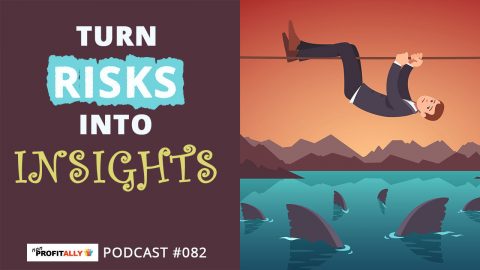

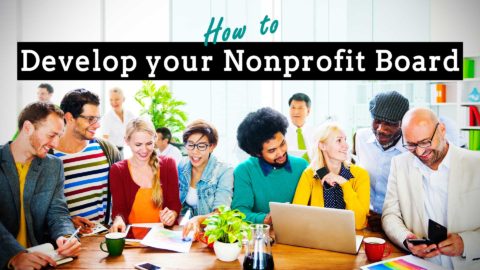

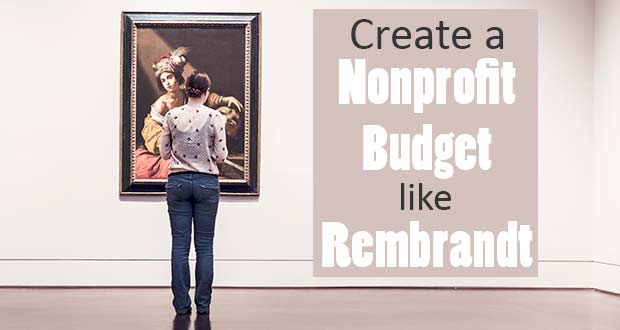
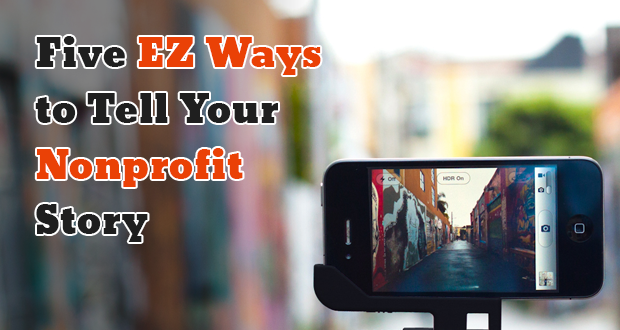
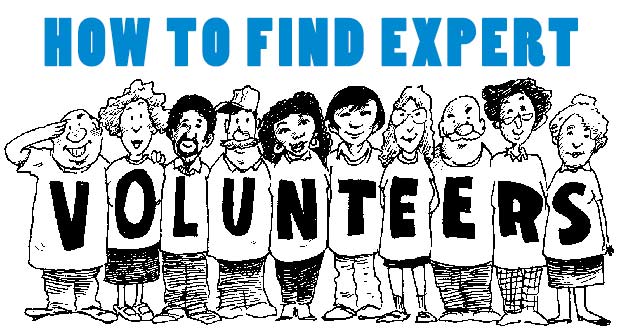
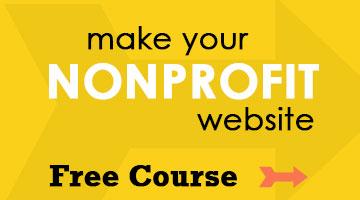

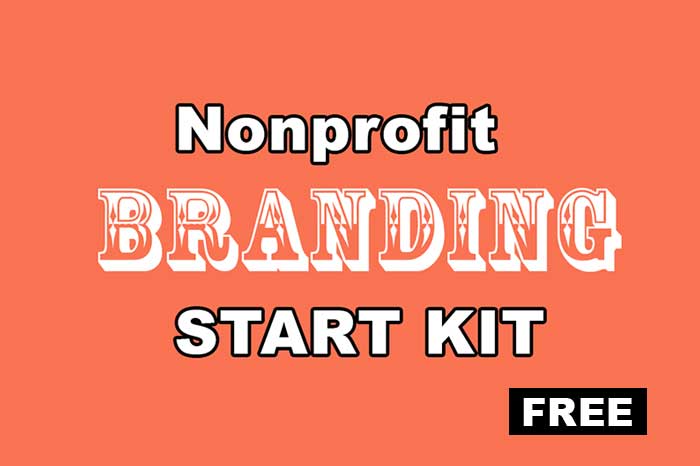
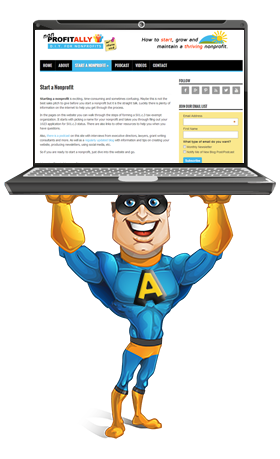
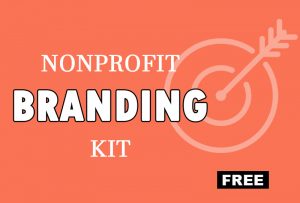


Comments are closed.
Terrific website, lots of good information. Thank you for your help on the behalf of St. Francis Animal Rescue.
Ty